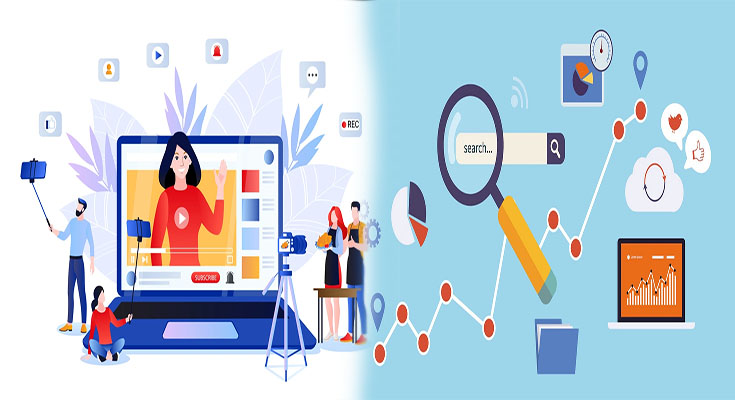There are different types of digital marketing and some of them are Email marketing, Social media marketing and Search engine marketing. They all are effective ways to promote your business and they should be used for your benefit.
Social media marketing
Social media marketing (SMM) is a type of digital marketing that involves the creation and distribution of content on social networking sites. It is used to promote brands and drive traffic to a brand’s website.
Businesses use various social platforms, such as Facebook, Twitter, and Instagram, to engage with customers. These channels help build relationships and provide an outlet for consumers to voice their opinions.
Social media can also serve as a way for businesses to increase sales. For example, a photo ad that shows the product in an appealing light can be a great tool to capture a customer’s attention. The photo can be accompanied by a “Shop Now” button that takes the user directly to the website’s checkout process.
Using a cohesive voice across multiple social networks helps customers trust the brand. As such, marketers should carefully consider how to integrate the brand’s voice with other platforms.
Search engine marketing
Search engine marketing is a form of digital marketing that involves the use of paid search advertisements. It is a great way to drive new customers to your website and increase your site’s overall visibility.
There are several different types of search engine marketing. Some of the most common include Google AdWords, Yahoo! Gemini, and Bing Ads. Each offers different benefits and can help you achieve your business goals.
The most important aspect of search engine marketing is how it improves your website’s search engine ranking. This can be achieved through both organic and paid efforts. Organic methods involve improving your content’s SEO to ensure that your content will appear in search engine results when users search for it.
Paid methods, on the other hand, are more focused on driving conversions. These ads are shown along-side search queries on search engines and are only charged when a user clicks on them.
Email marketing
Email marketing is a form of digital marketing that uses email to communicate with customers. It can be automated, allowing you to reach your audience and engage them directly.
Email marketing can help you generate sales and build customer relationships. When done correctly, it can keep your business in your customers’ minds and encourage them to make a purchase.
Email marketing is also an effective way to create awareness about new products and services. As a result, you can increase your customer loyalty and make them aware of special offers and events.
Email marketing is a cost-effective strategy to reach thousands of customers. However, it can also be a time-consuming process. Luckily, there are a few tools that can help you manage and optimize your email campaigns.
Video content
A well-planned video content marketing strategy can help your business succeed. The key to a successful campaign is to ensure that you’re creating content that’s relevant to your target audience. This can be as simple as a video that answers a common question or a vlog that shares how you work in your business.
One of the benefits of video is its ability to create an emotional connection between your brand and the consumer. These connections help you build credibility. They also help you make a lasting impression.
For a business, a successful video marketing campaign can turn viewers into regular content consumers. This leads to greater brand awareness and more customers in your purchase pipeline.
Video can help your brand make the most of its social media presence. Videos can be used to communicate new product features or provide insight into industry events.
Influencer marketing
Influencer marketing is a form of digital marketing that allows marketers to connect with consumers. By using qualified influencers, brands can gain valuable visibility and reach. However, the biggest challenge for many marketers is to understand how to measure the success of their campaign.
Marketers need metrics that go beyond standard click-through rates. They need to know exactly how much their program costs and how it impacts their business. The influencers they choose should have a clear impact on their brand.
Influencers are experts at making content that resonates with their audiences. This can lead to an authentic experience for both the consumer and the brand. It also helps cure ad fatigue.
To begin, you need to identify your target market. You can find potential influencers by using social media analytics tools.





